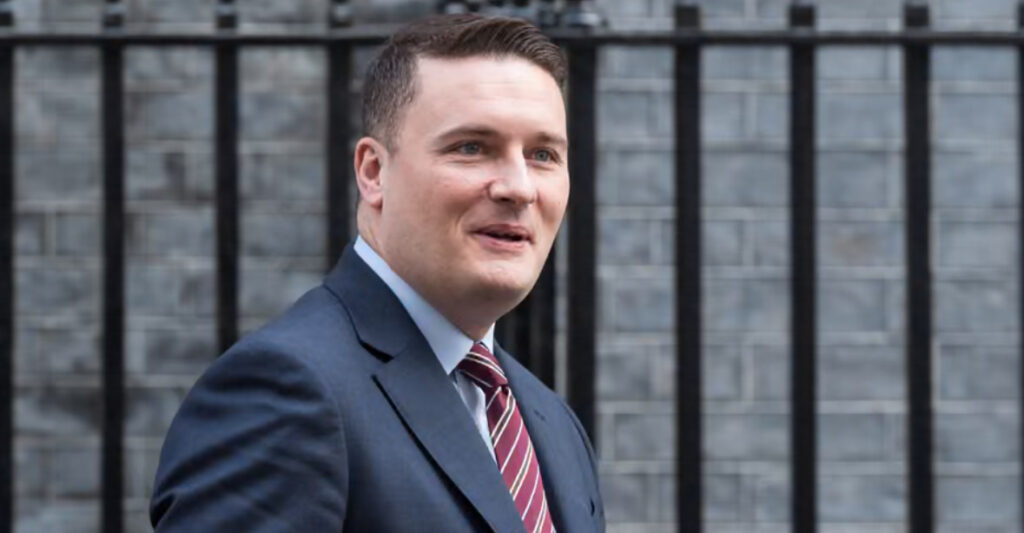The cost of redundancy payouts in the NHS could surge beyond £1 billion as the service undergoes its most significant overhaul in a decade.
Following the government’s decision to abolish NHS England, an estimated 20,000 to 30,000 jobs are expected to be lost.
Thousands more positions across the 42 integrated care boards and corporate service posts within NHS trusts are also set to be cut.
Analysis of Department of Health and Social Care (DHSC) accounts by the Observer reveals that nearly £450 million has been paid out in voluntary and compulsory redundancies over the past five years.
In the year to 31 March 2024, 94 employees received severance packages exceeding £150,000 each. The average redundancy cost per employee was £48,840, suggesting the next wave of layoffs could cost between £700 million and £1.2 billion.
Labour previously criticised the redundancy costs linked to Andrew Lansley’s 2012 NHS reforms, labelling them a “colossal waste” of public money.
Those reforms led to the creation of NHS England, which Labour described as the world’s largest quango and which is now set to be dismantled.
Health Secretary Wes Streeting will face questions from MPs on the parliamentary health select committee on Tuesday regarding his reforms.
Streeting has said abolishing NHS England marks the “final nail in the coffin” of the 2012 reorganisation, with officials claiming the move could save up to £500 million annually.
However, health experts have raised concerns. Siva Anandaciva, director of policy at the King’s Fund thinktank, warned that scrapping NHS England could pose a “massive roadbump” to the creation of a new 10-year plan for the NHS.
He cautioned that continual structural changes are a major distraction from essential health service development.
Mark Exworthy, professor of health policy and management at Birmingham University, acknowledged duplication of roles within NHS England but questioned whether its abolition would advance Labour’s key health goals.
He noted that while the changes may appear administrative, they could have significant long-term impacts on patient care.
The Nuffield Trust thinktank has also reported that the proposed cuts will reduce NHS central and support staffing to levels not seen since 2013.


